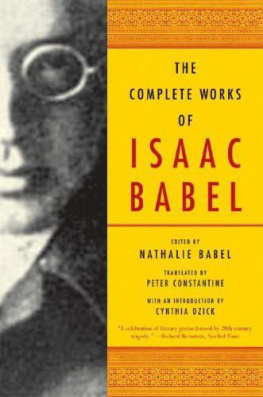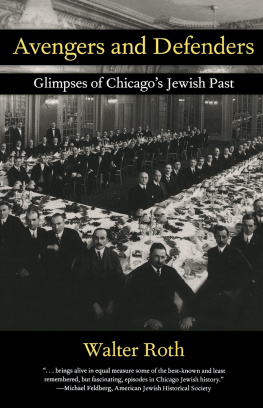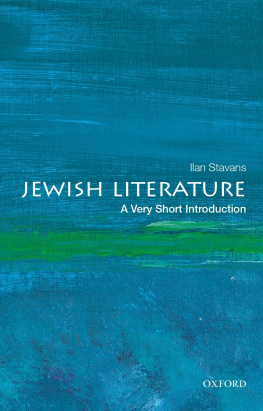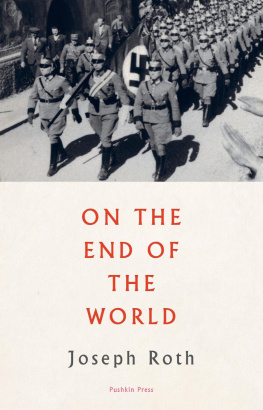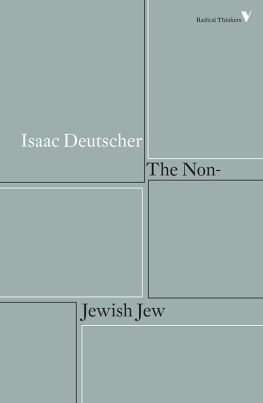
RED CAVALRY AND OTHER STORIES
ISAAC BABEL was born in Odessa in 1894, the son of a dealer in agricultural machinery, and he grew up in a typically assimilated Jewish family amid the flourishing Hebrew and Yiddish intellectual life of this cosmopolitan seaport. His first story was published in Kiev in 1913. In Petrograd (St Petersburg), in 1915, he won the encouragement and life-long patronage of Maxim Gorky. Gorky published Babels stories and sketches in his Letopis and, after the revolution, in his anti-Bolshevik newspaper Novaya zhizn, closed down by Lenin in July 1918. Babel spent the revolutionary years writing erotic tales for his unpublished collection Petersburg 1918. In 1920, however, he joined the Red Cossacks in the short war against Poland and used his experiences in his unforgettable Red Cavalry (1926). When excerpts from Red Cavalry and Odessa Stories appeared in Moscow in 1923, Babel rose to instant fame but also controversy. The autobiographical Childhood series and more Odessa and Red Cavalry stories followed, as well as an attempt at a book exposing the cruelty of forced collectivization, Velikaya krinitsa. He also tried his hand at plays and wrote film scripts to try and with stand the increasing demands for political conformism. Declaring himself the master of the genre of silence, Babel survived the Stalinist Terror until he was arrested suddenly in 1939. He was secretly tried on trumped-up charges of espionage and treason and executed on 27 January 1940.
DAVID MCDUFF was born in 1945 and was educated at the University of Edinburgh. His publications comprise a large number of translations of foreign prose and verse, including contemporary Scandinavian work. His first book of verse, Words in Nature, appeared in 1972. He has translated a number of nineteenth-century Russian prose works for the Penguin Classics series. These include Dostoyevskys The Brothers Karamazov, Crime and Punishment, The Idiot (2004), The House of the Dead, Poor Folk and Other Stories, Tolstoys The Kreutzer Sonata and Other Stories and The Sebastopol Sketches, and Nikolai Leskovs Lady Macbeth of Mtsensk. He has also translated Andrei Belys novel Petersburg for Penguin.
ISAAC BABEL
Red Cavalry and
Other Stories
Edited with Notes by EFRAIM SICHER
Translated with an Introduction by
DAVID McDUFF
PENGUIN BOOKS
PENGUIN BOOKS
Published by the Penguin Group
Penguin Books Ltd, 80 Strand, London WCZR 0RL., England
Penguin Group (USA) Inc., 375 Hudson Street, New York, New York 10014, USA
Penguin Group (Canada), 10 Alcorn Avenue, Toronto, Ontario, Canada M4V 3B2
(a division of Pearson Penguin Canada Inc.)
Penguin Ireland, 25 St Stephens Green, Dublin 2, Ireland
(a division of Penguin Books Ltd)
Penguin Group (Australia), 250 Camberwell Road,
Camberwell, Victoria 3124, Australia (a division of Pearson Australia Group Pty Ltd)
Penguin Books India Pvt Ltd, II Community Centre, Panchsheel Park, New Delhi 110 017, India
Penguin Group (NZ), cnr Airborne and Rosedale Roads, Albany,
Auckland 1310, New Zealand (a division of Pearson New Zealand Ltd)
Penguin Books (South Africa) (Pty) Ltd, 24 Sturdee Avenue, Rosebank 2196, South Afiica
Penguin Books Ltd, Registered Offices: 80 Strand, London WCZR 0RL, England
www.penguin.com
First published 1994
Reprinted with revisions 1998
Published in Penguin Classics 2005
Copyright David McDuff, 1994
All rights reserved
The moral right of the author has been asserted
Translated by David McDuff from an annotated edition by Efraim Sicher
Except in the United States of America, this book is sold subject
to the condition that it shall not, by way of trade or otherwise, be lent,
re-sold, hired out, or otherwise circulated without the publishers
prior consent in any form of binding or cover other than that in
which it is published and without a similar condition including this
condition being imposed on the subsequent purchaser
EISBN: 9780141908304
Contents

Introduction
Few twentieth-century writers present the literary biographer with quite such an enigma as Isaac Emmanuilovich Babel (18941940). His shadowy, for the most part undocumented life ended obscurely, with his arrest by the Stalinist secret police. The volumes of reminiscences by those who knew him, such as that published in Moscow in 1989, have done little to increase our knowledge of the circumstances of his life and death. Viktor Shklovsky, in an account of a visit he made as a young man with Babel to Tolstoys estate at Yasnaya Polyana, provides what is perhaps the most vivid portrait to be found in the book yet his characterization of Babel as the man with the quiet voice also leads us away from the writers individual personality and destiny towards a region of self-effacement and self-abandonment that ends in disappearance: After that quiet day I never saw Babel again.
Even those who might have been thought to be closest to Babel have found it difficult to retain a clear, complete picture of him as he was in life. Nathalie Babel, the writers daughter, who was ten years old and in France when her father was arrested by the Soviet secret police, says that she grew up
wishing that some day, somewhere, a door would open and my father would come in. We would recognize each other immediately, and without seeming surprised, without letting him catch his breath, I would say, Well, here you are at last. Weve been puzzled about you for so long; although you left behind much love and devotion, you bequeathed us very few facts. Its so good to have you here. Do sit down and tell us what happened.
Nathalie Babel also describes a visit she made in 1961 to Moscow
where one can still meet people who loved him and continue to speak of him with nostalgia. There, thousands of miles from my own home in Paris, sitting in his living-room, in his own chair, drinking from his glass, I felt utterly baffled. Though in a sens eI had tracked him down, he still eluded me. The void remained; I knew so little about him.
And she alludes to a trait in her fathers character that compounded this problem: although he appeared to be jovial and talkative, he was, in reality, not very communicative. Moreover, he loved to confuse and mystify people.
The numerous myths, false rumours and stories about Babel that circulated after his disappearance and death among them that he managed a stud farm, had a love affair with the sister of Yagoda (the ex-chief of the political police), was a Trotskyite, a spy, and that he engaged in black-market activities are in part, one realizes, the result of Stalinist denigration and disinformation, but may also owe something to Babels own strange and fantastic sense of humour, which was often turned against himself. In trying to understand the complexity of his life and its relation to his fiction, it may be best to begin with one of Babels own autobiographical statements, in this case the one that is included in the 1979 Aliya edition of his stories and is a 1932 archival version of the more widely published autobiography of 1924:
Was born in Odessa, in the Moldavanka, the son of a Jewish shopkeeper. At my fathers insistence studied Hebrew, the Bible and the Talmud until I was sixteen. At home was made to study a large number of subjects from morning to night. I took my rest at school. The school was called the Emperor Nicholas II Commercial College of Odessa. This was a cheerful, undisciplined, noisy and multilingual college. There the sons of foreign merchants, the children of Jewish brokers, Poles of noble descent, Old Believers and many overgrown billiards players were taught. In the intervals between classes we went off to the port, to the pier or to the Greek coffee-houses to play billiards, or to the Moldavanka to drink cheap Bessarabian wine in the cellars.
Next page

